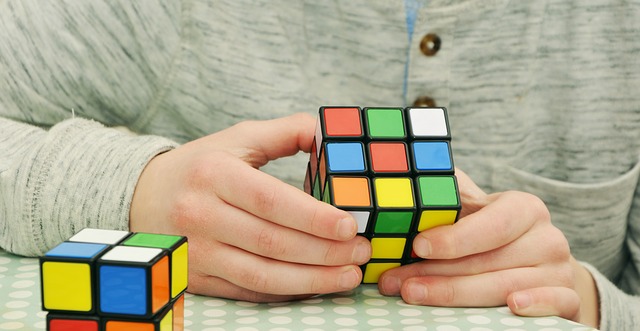Building a Strong Foundation: Essential Life Skills to Teach Your Kids

As children grow and mature, it is important to equip them with life skills that will help them succeed in their personal and professional lives. Personal development is an ongoing process, and the earlier children start learning important life skills, the better equipped they will be to face the challenges that lie ahead. In this article, we will discuss some essential life skills for personal development that children should learn.
- Communication Skills Effective communication is a vital life skill that children should learn. Communication skills include listening, speaking, and writing. By learning to communicate effectively, children will be able to express their thoughts and ideas clearly, listen actively to others, and communicate their needs and wants in a constructive manner. Communication skills are essential for building healthy relationships and for success in the workplace.
- Self-Confidence Self-confidence is another important life skill that children should develop. Self-confidence helps children to believe in themselves and their abilities, which is crucial for success in all aspects of life. Children can develop self-confidence by setting achievable goals, taking risks, and learning from their mistakes. By encouraging children to try new things and celebrate their successes, parents and caregivers can help build their self-confidence.
- Time Management Time management is a critical life skill that children should learn to help them manage their responsibilities and activities effectively. Children can develop time management skills by learning to prioritize tasks, setting goals, and creating a schedule or routine. By teaching children how to manage their time effectively, parents and caregivers can help them become more organized and productive, leading to greater success in school and beyond.
- Problem-Solving Skills Problem-solving is another important life skill that children should learn. Problem-solving skills involve identifying, analyzing, and resolving problems effectively. Children can develop problem-solving skills by learning to think creatively, considering different solutions, and evaluating the potential outcomes of each solution. By teaching children to be solution-oriented, parents and caregivers can help them become more resilient and better equipped to face challenges.
- Empathy Empathy is an essential life skill that children should develop to help them build healthy relationships and understand the perspectives of others. Empathy involves understanding and sharing the feelings and experiences of others. Children can develop empathy by practicing active listening, putting themselves in others' shoes, and considering others' perspectives. By teaching children to be empathetic, parents and caregivers can help them become more compassionate and understanding individuals.
- Financial Literacy Financial literacy is a crucial life skill that children should learn to help them manage their money effectively. Financial literacy includes understanding budgeting, saving, investing, and managing debt. Children can develop financial literacy skills by learning about basic financial concepts, such as budgeting and saving, and by practicing good financial habits, such as setting financial goals and making responsible spending decisions. By teaching children about financial literacy, parents and caregivers can help them become financially responsible adults.
In conclusion, personal development is an ongoing process, and children can benefit greatly from learning important life skills at a young age. By teaching children communication skills, self-confidence, time management, problem-solving skills, empathy, and financial literacy, parents and caregivers can help them become well-rounded individuals who are equipped to succeed in all aspects of life.
We, at YoungSkillz provide programs for kids and youth including life skills, public speaking, STEM programs, creativity and academic programs.